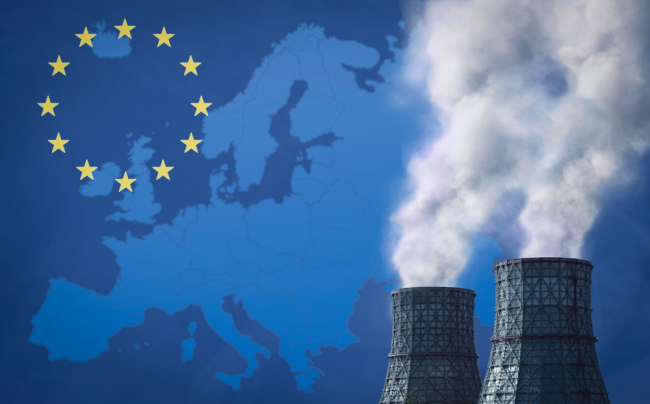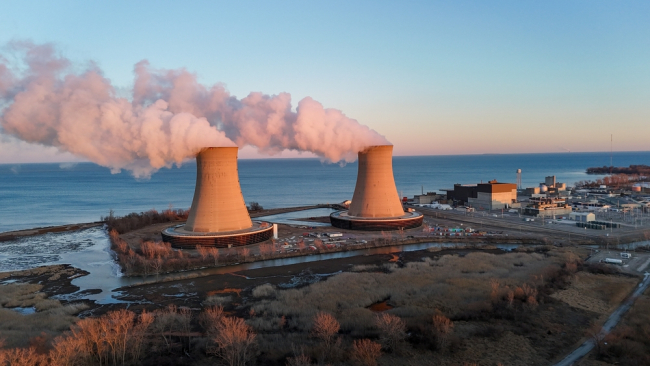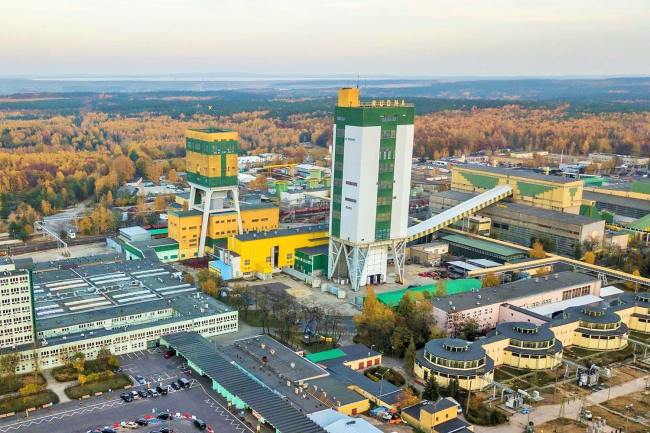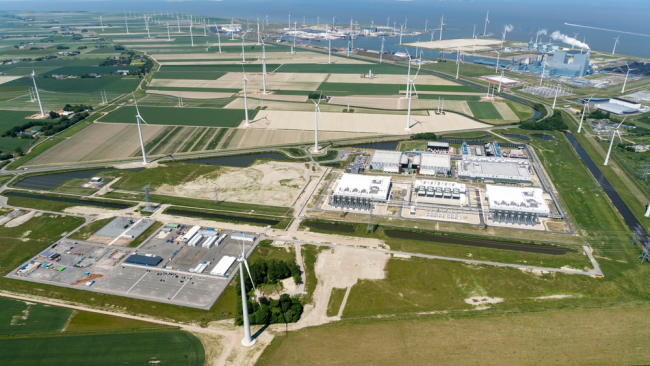Security of Supply Is Indivisible

The European gas market has an unusually large number of moving parts just now. Demand forecasts are buffeted by announcements of great expectations in de-carbonizing the energy mix, differing expectations on the longer term economic growth path and a range of assessments on how soon Europe will recover from the economic recession.
The supply side is even worse. Hyperbole about non-conventional gas creating an international gas bubble is tempered by anxiety over the environmental limits to hydro fracking. Yet remarkable shale-gas developments in the US have indeed liberated large quantities of LNG into international markets just as substantial new LNG capacity is coming on in response to earlier tight gas markets. New transit capacity from Russia via the Baltic Sea provides a sense of relief from Ukrainian uncertainties, but puts a large cost burden on consumers who must pay for all that redundant capacity. The same applies to multiple new LNG re-gasification stations around Europe that will see overall utilization rates fall dramatically. It is expensive capacity. Talk continues around Nabbuco notwithstanding regional leaders" best public relations efforts - and recent Turkish ratification of the July IGA is gratifying, but only puts regional political problems in sharper relief. Sustaining Russian supply is rife with uncertainty.
Yet most of the current characteristics of the gas market still give the promise of a relatively soft market for gas for the next few years. But the soft market will pass in time and now is the moment for the EU to refocus its efforts on gas market security - while there is time.
The events of the 2009 gas cutoff through Ukraine showed a number of weaknesses and some emerging strengths in European gas markets. The event was far less severe than it could have been because there were already surplus cargoes of LNG available because of US shale gas, industrial demand for gas had tanked in the 4th quarter of 2008 and after the 1st week of January, the winter softened. Still, several countries heavily dependent on Russian gas suffered sharply. While some few gas pipelines were reversed and commercial stocks shared more broadly, the gas market was still too rigid and bottlenecked to respond adequately. The EU gas security mechanisms have identified many of these problems and some are already being dealt with through stimulus money into Balkan transport infrastructure.
The most secure gas markets will be those that are the most efficient. Gas storage should respond to commercial signals; gas transportation pricing and conditions need to be transparent; regulation must be light but consistent across the EU. As in oil markets, crisis or supply tension management is basically the task of the market operating in an urgent mode shaped by states and collectively understood. There will be other tensions in gas markets whether because of commercial disputes, political disagreements or technical breakdowns. As gas penetrates deeper into electricity systems because it is the most available option in the face of policy ambiguity on climate change and the unwillingness of consumers to bear higher cost power generation options, Europe cannot afford to have two standards of gas security. There are many legacy reasons why security of gas supply is uneven across the EU, but pressing now for a higher security standard across the 27 while there is a window of opportunity, will position the EU better to withstand as one the next supply tension in gas. That is after all, the point of union.

Available in:
Regions and themes
Share
Related centers and programs
Discover our other research centers and programsFind out more
Discover all our analysesReconnecting With Europe's Nuclear DNA: a Political Question
As Europe's main source of low-carbon electricity, nuclear power is a strategic asset for tackling climate and geopolitical challenges.
Will the Western Nuclear Power Revival Take Place? The State of Extra-European Advances
Against the dual backdrop of the energy transition and the rapid transformation of the international order, the question of Western nuclear revival is being raised with renewed acuity.
Re-evaluating Copper Supply: The Crucial Role of Technology
Some authors argue that the energy transition is doomed to fail due to metal scarcity and the rising energy costs of extraction.
The Strategic Dimension of Power System Flexibility: Opportunities in Europe
The European Union has embarked on an energy transition aimed primarily at replacing fossil fuels by electrifying demand.










